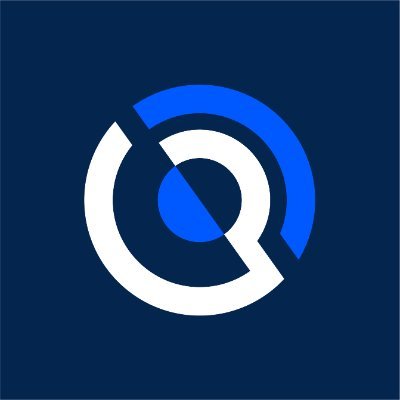Samsung’s foundry losses deepen as US export controls bite

Samsung Electronics Co.’s semiconductor division posted a disappointing profit for the June quarter, underscoring mounting challenges at the world’s largest memory chipmaker.
The critical business unit recorded an operating profit of just 400 billion won ($288 million), far below analysts’ consensus estimate of 2.73 trillion won. The shortfall was largely attributed to mounting losses at its foundry division and tightening US export controls on high-bandwidth memory (HBM) chips.
South Korea’s tech giant, which had issued a downbeat profit and revenue guidance earlier in July, reported net income of 4.93 trillion won—missing the 6.37 trillion won expected by analysts.
Samsung’s foundry losses deepen as US export controls bite
The profit slump stemmed partly from a one-time inventory write-down at Samsung’s foundry business, which was impacted by weak demand from China and delayed chip shipments due to export restrictions. Declining utilization rates also weighed on earnings. The company said this came despite sustained demand for premium memory chips used in servers.
Samsung Electronics reported a more than 15-fold surge in operating profit for the second quarter of 2024, buoyed by a rebound in semiconductor prices fueled by strong demand from the artificial intelligence sector.
The world’s leading maker of memory chips, smartphones, and TVs estimated its operating profit reached 10.4 trillion won ($7.54 billion) for the three months ending June 30, up sharply from just 670 billion won ($482 million) in the same period last year.
The result surpassed the 8.8 trillion won SmartEstimate compiled by LSEG, which prioritizes forecasts from historically accurate analysts. It also marked Samsung’s most profitable quarter since Q3 2022.
Analysts noted that, beyond rising chip prices, the strong performance was likely aided by the reversal of previous inventory write-downs, as the accounting value of Samsung’s chip stock recovered.
For now, the tech firm anticipates that foundry losses will narrow in the second half of 2025, buoyed by a gradual rebound in demand.
Samsung rallies on Tesla chip deal as AI ambitions intensify
The lackluster quarterly results arrived just days after Samsung secured a $16.5 billion contract to manufacture AI chips for Tesla Inc. at its upcoming Taylor, Texas, facility. The deal has boosted investor sentiment, sending the company’s shares up 10% since Monday and over 20% for July—marking its strongest monthly performance in over four years.
To regain ground in the booming AI memory space, Samsung is ramping up investments in research and expanding front-end capacity. The company is also intensifying efforts to land contracts with major clients like Tesla to revive its struggling foundry operations.
If the multi-year Tesla agreement proceeds successfully, it could open doors to more high-profile clients and serve as validation for Samsung’s next-gen 2-nanometer process technology.
Struggles in AI memory market highlight SK Hynix’s growing lead
Investors are also watching closely to see if Samsung will benefit from Nvidia’s resumption of H20 AI chip sales to China. Samsung’s HBM3 memory has previously been paired with Nvidia’s H20 model, although it trails behind in performance compared to SK Hynix’s HBM3E.
Construction of Samsung’s Taylor plant has faced delays, with production now slated to begin in 2026. The company continues to face stiff competition from Taiwan Semiconductor Manufacturing Co. (TSMC), which is expanding US production at its Arizona facility.
Samsung’s position in the advanced HBM chip segment remains tenuous. It has struggled to secure Nvidia’s certification for its latest offerings, allowing rival SK Hynix to establish a dominant lead in the rapidly expanding AI memory market.
Cryptopolitan Academy: Tired of market swings? Learn how DeFi can help you build steady passive income. Register Now







